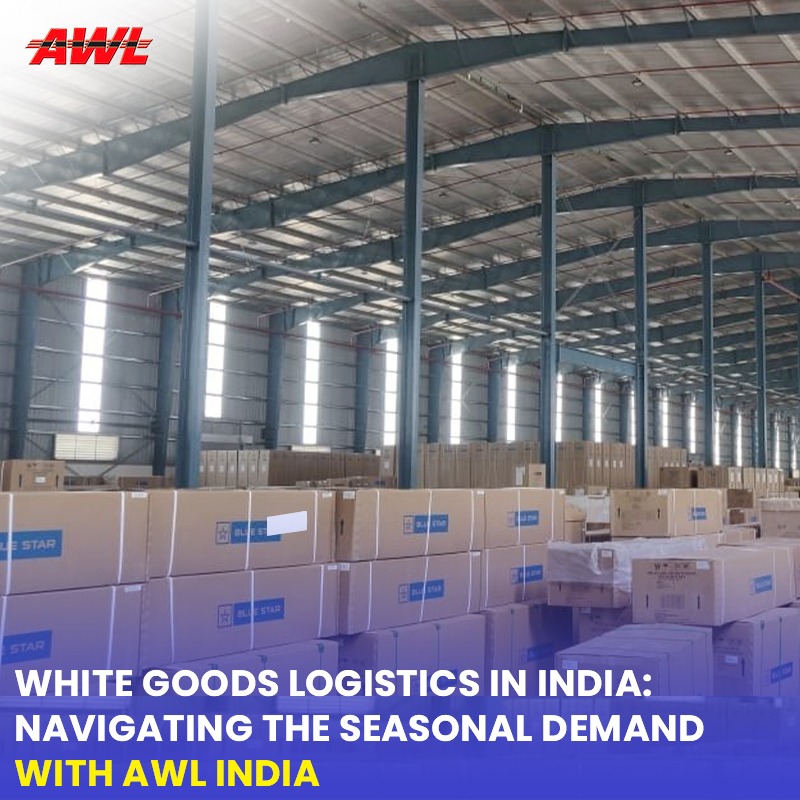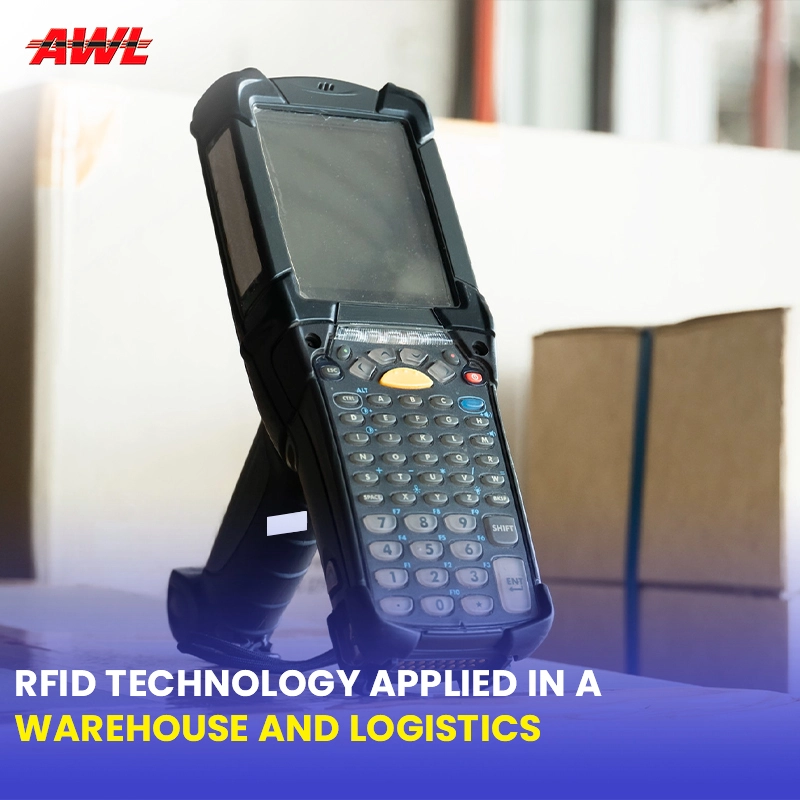

Technology is critical in logistics and supply chain management because it streamlines processes and increases efficiency. Warehouse Management Systems (WMS) and Fulfilment Management Systems (FMS) are two widely used systems. While both help to streamline warehouse operations and enhance order fulfillment service, recognising the distinctions between them is critical for firms looking to make educated logistics decisions. At AWL India, a leading provider of complete warehouse and logistics solutions, we want to assist businesses understand the difference between WMS and FMS so they can navigate their logistics environment more successfully.
Furthermore, by knowing the extent of functionality and fundamental distinctions between WMS and FMS, organisations may choose the best solution to meet their operational requirements and long-term goals. Whether it's improving warehouse operations or managing the whole order lifecycle, AWL India provides bespoke solutions and experience to help businesses achieve their logistics goals efficiently and successfully.
A Warehouse Management System (WMS) is a software system meant to improve warehouse operations by automating inventory management, order processing, and warehouse layout optimization. WMS systems provide features including inventory tracking, picking and packing optimization, real-time visibility into warehouse operations, and interaction with other business systems. Businesses may utilize WMS technology to improve inventory accuracy, order fulfillment efficiency, and warehouse operations, resulting in higher productivity and lower operating expenses. AWL India provides innovative WMS solutions that are adapted to the specific needs of organizations, allowing them to achieve operational excellence and preserve a competitive advantage in today's changing market context.
A fulfillment administration System (FMS) is a comprehensive system that includes order administration, inventory management, and order fulfillment service. FMS systems handle the full order lifecycle, from placement to delivery, which includes inventory allocation, order routing, and shipment management. FMS solutions frequently interact with several sales channels, warehouses, and shipping carriers to ensure smooth order fulfillment and increased customer satisfaction. By centralizing and automating these activities, FMS allows firms to handle orders more effectively, optimize inventory levels, and assure timely delivery, thereby increasing customer service and encouraging loyalty. Businesses may utilize AWL India's experience in warehousing and logistics solutions to expedite order fulfillment service and improve overall operational efficiency with innovative FMS technology.
The difference between WMS and FMS is the extent of capabilities, connectivity with sales channels, and order lifecycle management. While WMS is primarily concerned with improving warehouse operations and inventory management, FMS covers a larger range of functionality, including order management and fulfillment procedures. Furthermore, FMS solutions frequently interact with many sales channels to provide smooth order processing and delivery management. Understanding these nuances is critical for organisations when choosing the best solution for their logistical requirements.
1. Scope of Functionality: WMS primarily focuses on optimizing warehouse operations, including inventory management and warehouse layout optimization. In contrast, FMS provides a broader range of functionalities, encompassing order management, inventory management, and order fulfillment management systems.
2. Integration with Sales Channels: While WMS systems may integrate with ERP systems and other internal business systems, FMS solutions often integrate with e-commerce platforms, marketplaces, and other sales channels to facilitate seamless order processing and fulfillment across multiple channels.
3. Order Lifecycle Management: WMS primarily handles tasks related to inventory management and warehouse operations, whereas FMS manages the entire order lifecycle, from order placement to delivery, including order routing, inventory allocation, and shipping management.
When deciding between a Warehouse Management System (WMS) and a Fulfilment Management System (FMS), firms should assess their unique requirements, operational demands, and long-term ambitions. WMS is perfect for firms who want to streamline warehouse operations and improve inventory management by concentrating on activities like inventory tracking and warehouse layout optimization. FMS, on the other hand, is better suited for firms that want to manage the whole order lifecycle across different sales channels, such as order placing, fulfillment, and delivery management. Understanding these characteristics allows organisations to select the solution that best matches with their operational goals while also effectively supporting their growth aspirations.
AWL understands the challenges of warehouse and fulfillment management and provides customized solutions to meet specific requirements. Whether you want to optimize warehouse operations, enhance order fulfillment efficiency, or simplify inventory management procedures, AWL India, being one of the best warehouse logistics companies, offers the experience and resources to help you achieve your logistics objectives. With our full portfolio of warehouse and fulfillment management systems, which includes WMS and FMS capabilities, we enable organizations to confidently handle logistical obstacles and achieve operational excellence.
Now that you have understood the difference between a warehouse management system and a fulfillment management system, it is essential to understand that understanding this difference can be an extremely crucial factor for businesses looking to enhance their supply chain operations. However, while a warehouse management system or WMS primarily focuses on warehouse optimization and inventory management, a fulfillment management system or FMS on the other hand, offers a broader set of features. These features include order management and fulfilment operations. Moreover, you can get in touch with us today and can benefit from the industry best warehousing automation solutions to change your logistics and warehousing landscape in order to be able to achieve long-term growth in today’s competitive economy.

